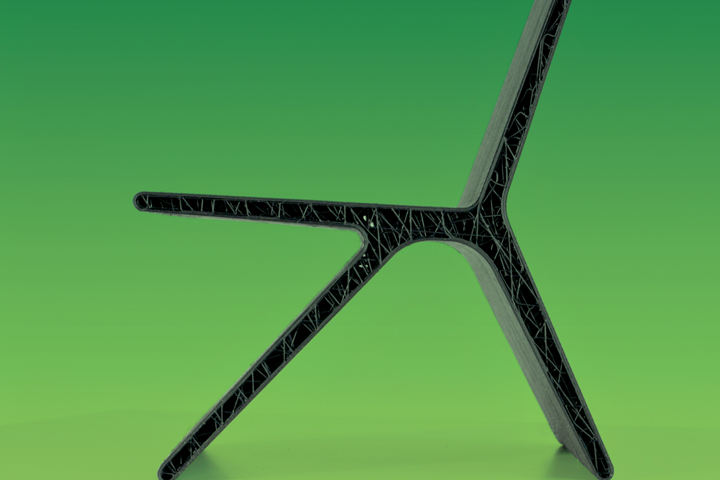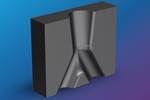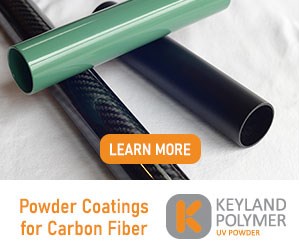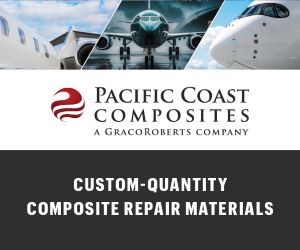Covestro introduces 3D printing material made from recycled PET
Glass fiber-filled rPET suitable for high performance and structural applications using 3D pellet printing/fused granulate fabrication (FGF).

Covestro’s glass-filled rPET material can be used to make, for example, furniture such as this chair, designed by Michiel van der Kley. Photo Credit: Covestro AG
Materials manufacturer Covestro (Leverkusen, Germany) introduces its first material developed by the additive manufacturing (AM) business recently acquired from Royal DSM (Geleen, Netherlands): a glass-fiber filled recycled polyethylene terephthalate (rPET) for 3D pellet printing. Made from post-consumer PET waste, Arnite AM2001 GF (G) rPET brings structural performance to a part at a substantially lower carbon footprint than virgin material, enabling manufacturers to achieve a more circular supply chain without the need to compromise on performance.
Covestro says this technology, also known as fused granulate fabrication (FGF), permits fast and economically viable additive manufacturing of large-size parts. Direct printing of applications lowers cost by reducing product development time, and 3D printing ensures design flexibility, which can help reduce material cost.
Arnite AM2001 (G) rPET’s mechanical properties and broad processing window makes it ideally suited for structural applications across a variety of industries, including pedestrian bridges, tiles for cyclist or pedestrian tunnels, architectural applications like cladding or partition walls, in- and outdoor furniture, small boats, packaging crates or tooling.
Related Content
-
The making of carbon fiber
A look at the process by which precursor becomes carbon fiber through a careful (and mostly proprietary) manipulation of temperature and tension.
-
Materials & Processes: Fibers for composites
The structural properties of composite materials are derived primarily from the fiber reinforcement. Fiber types, their manufacture, their uses and the end-market applications in which they find most use are described.
-
Cryo-compressed hydrogen, the best solution for storage and refueling stations?
Cryomotive’s CRYOGAS solution claims the highest storage density, lowest refueling cost and widest operating range without H2 losses while using one-fifth the carbon fiber required in compressed gas tanks.













